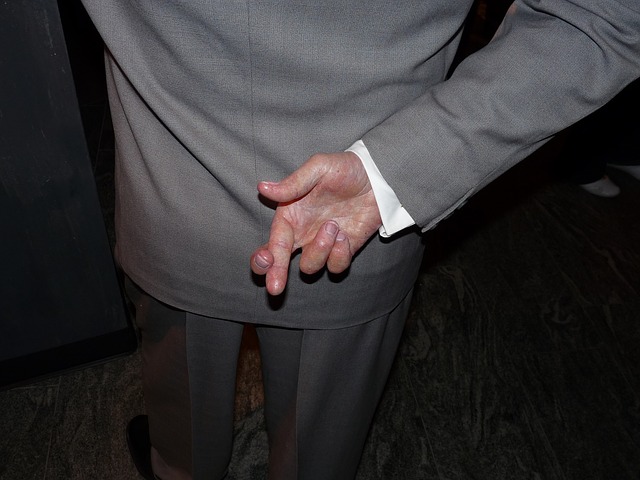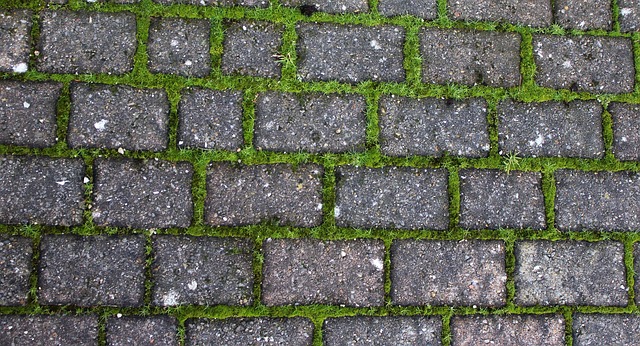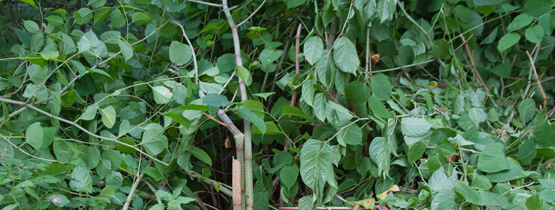
When selling a property in this country, you have to fill out a TA6 form, which includes this question:
Is the property affected by Japanese knotweed?
☐ Yes
☐ No
☐ Not known
It's important for sellers to answer this question truthfully, because Japanese knotweed is an invasive species that can grow very rapidly and may cause structural damage if it grows through cracks in a wall or foundation. Homes with Japanese knotweed are notoriously difficult to sell, and getting rid of the plant can be an long and costly process.
READ MORE: Selling a House with Japanese Knotweed
Unfortunately, there are some dishonest people out there, and sellers will occasionally feign ignorance of their Japanese knotweed problem for fear that it will complicate the sale. So what should you do if you've discovered Japanese knotweed on your property...and the seller didn't tell you about it?
More...

Spring was warmer than usual this year - as you no doubt noticed if you spent it cooped up at home due to the COVID-19 (coronavirus) pandemic.
Unfortunately, a warmer-than-average spring means that there'll probably be a lot of Japanese knotweed this summer.
READ MORE: When Does Japanese Knotweed Grow?
Summer is peak growing season for Japanese knotweed, although its first shoots start to appear around April. The first half of this year may have been a chaotic and disruptive period from our human point of view, but spring 2020 brought ideal growing conditions for Japanese knotweed, with plenty of warm weather and sunshine.
More...

Moss is a common sight on driveways. It can often be seen growing up through the gaps in between paving slabs - it's very unsightly, but more importantly, it may be a safety hazard.
Moss can be slippery when wet, and a mossy driveway can increase your risk of slipping and falling when you're getting in and out of your car.
More...

As its name suggests, Japanese knotweed (Fallopia japonica) is native to the Far East. Once upon a time, this plant was to be found only in Japan and neighbouring territories like Korea and China.
Now, as we've previously discussed, Japanese knotweed wasn't - and still isn't - much of a problem in its homeland, simply because the local ecosystem keeps the plant in check.
But at some point, somebody had the bright idea of bringing Japanese knotweed over to Europe, where it was able to run rampant and cause all kinds of problems for us Westerners.
Read More: What Damage Can Japanese Knotweed Do?
This raises the question: just who do we blame for bringing Japanese knotweed to Europe?
More...

Japanese knotweed causes a lot of problems in the UK, but you might be surprised to learn that this invasive species is NOT notifiable.
This means that, if you find Japanese knotweed in your garden, you are NOT legally required to notify the authorities. It is not an offence to have Japanese knotweed on your property as long as you are not allowing it to spread.
More...
